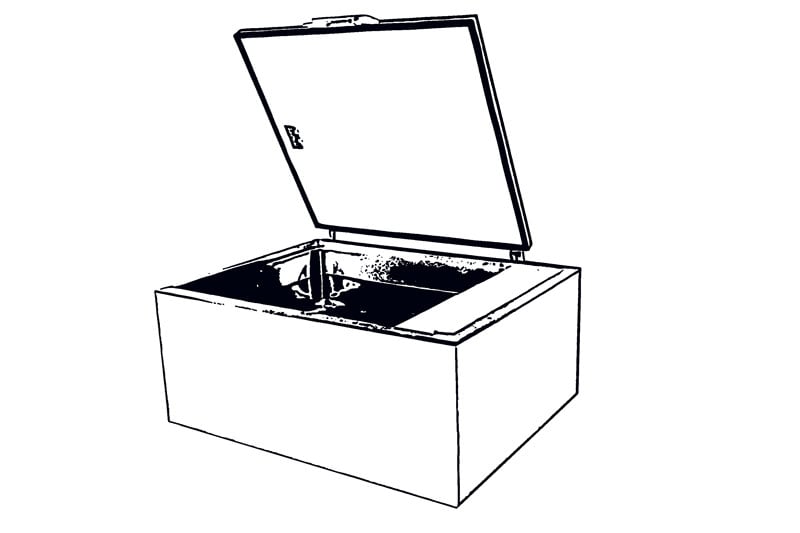Testing aerosol product packaging to detect micro-holes is a crucial step in getting products to market. Aerosol cans are increasingly being used in various industries from cosmetics to chemicals to food, making integrity and safety testing vital to protect both the end consumer and the manufacturer filling and distributing the products.
The challenge: Testing aerosol products
Aerosol products are typically contained in either aluminum cans that are made from a single piece of metal or ones composed of three separate pieces (base, body, and dome) that are assembled. Regardless of the type of container, all aerosol products have one requirement in common: the aerosol cans must be capable of withstanding very high pressure.
Cans need to contain a propellant gas for the aerosol spray to function correctly, i.e. for product atomization and dispensing. The presence of this gas stresses the can, which is why aerosol product testing must be done at very high pressures (up to 14 bars), much higher than those used to test other types of product. Only in this way can all leaking containers be identified and rejected without damaging them or dispersing their contents, to ensure that those that pass can be filled and stored properly.
How it works: Hot water bath testing
The classic test for checking the integrity of aerosol products is the hot water bath, where filled aerosol cans are immersed in water to verify if bubbles escape from the containers. This test is widely used in the industrial field, but has some critical drawbacks:
-
An operator always needs to be present to check for bubbles and remove the damaged product.
-
Cans can be tested under approximately 10 bars of pressure but cannot exceed this limit.
-
There is a certain level of risk because leaky cans might contain dangerous or flammable materials that would be dispersed inside the testing facility.
-
Additional equipment is needed to dry the cans that have passed the hot water bath test.
-
It is up to the company filling the cans to perform testing—which is required under international regulations—not the manufacturer.

An ideal alternative to water bath testing: the Bonfiglioli Engineering KBA leak and pressure tester
An alternative to the hot water bath test is to perform leak testing with the KBA Leak and Pressure tester, a solution that checks the integrity of the cans before they are filled so that the filling company receives packaging that has already been tested and approved.
The KBA tester uses a combined test: pressure is applied inside the container which is placed in a test chamber under vacuum. By measuring the vacuum levels at the beginning of the test and a few seconds later, the machine can automatically detect damaged products: a difference between the two values greater than a certain parameter set during machine configuration indicates that there is a hole in the can, causing the vacuum level inside the test chamber to drop drastically, therefore it is rejected.
The acceptance criteria, defined by standard ASTM F2338, is 1.98 cc per minute. Proper machine functioning is checked by applying calibrated leaks simulating a loss of this magnitude.
This test presents multiple advantages over the classic hot water bath test:
-
The machine runs automatically and requires no human intervention.
-
The KBA tester increases the safety of the aerosol production cycle because damaged cans are rejected before they are filled, protecting the safety of the operators and the plant.
-
The KBA tester rejects damaged cans before they are filled, avoiding product loss and contamination.
-
The test is performed on rotary equipment at high speeds: with the ability to test up to 800 products per minute depending on the number of heads used.
Bonfiglioli Engineering’s KBA leak and pressure tester developed in accordance with the FEA* (European Aerosol Federation) Guide on Hot Water Bath Testing and Its Alternatives. The solutions are designed to operate at maximum speeds and to move each product safely, avoiding accidental damage at every testing stage. Validation is easy and a high degree of precision is guaranteed, identifying all damaged products with extreme accuracy, so that customers receive cans that are safe and tested which will pose no risks during filling and storage.
*Bonfiglioli Engineering adheres to the following guidelines for Aerosol leak inspection:
- ADR (Aerosol Dispensers)
- FEA (European Aerosol Foundation)
- DOT regulations
Related: Container Closure Integrity Testing (CCIT)

